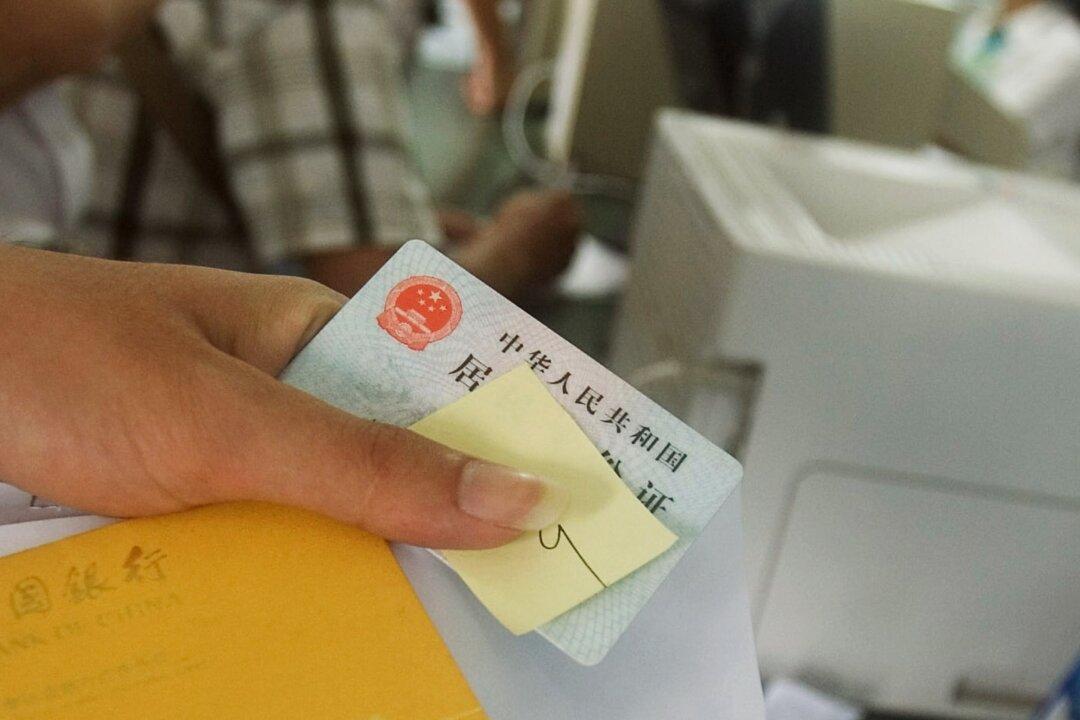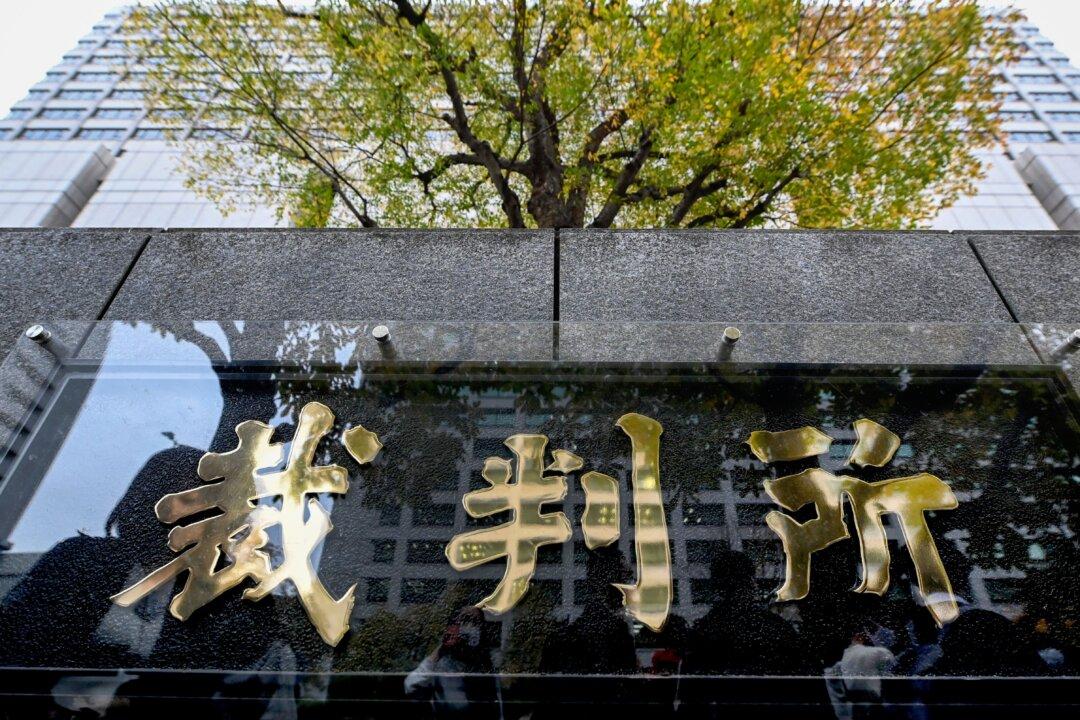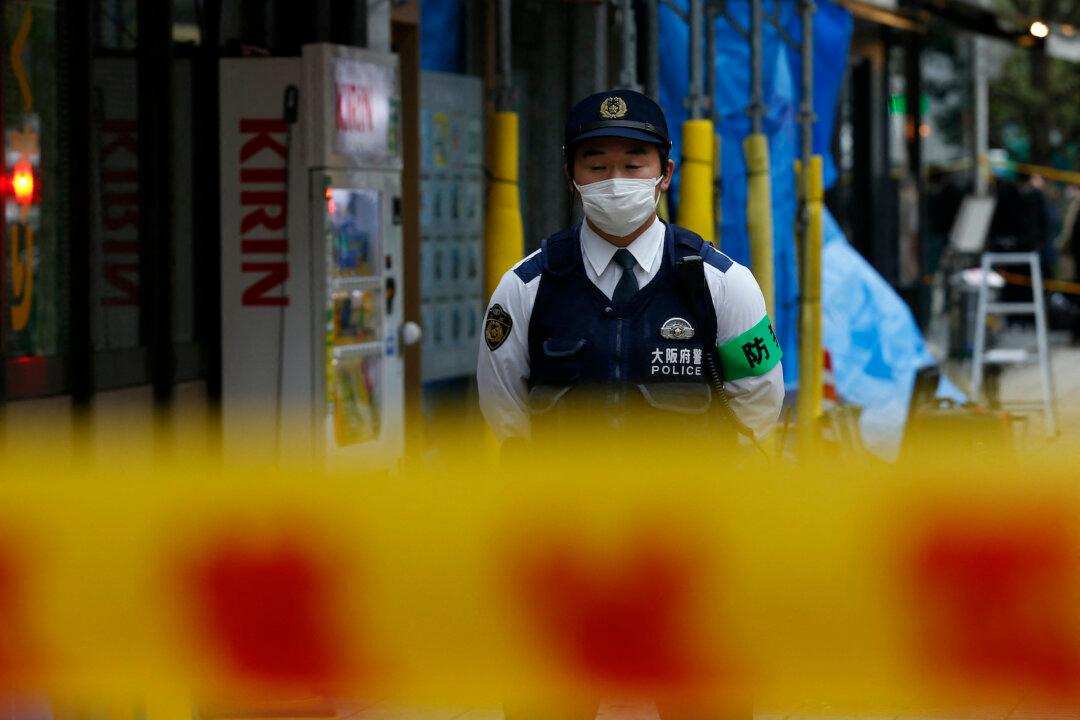The Cyberspace Administration of China issued new regulations on June 27 requiring all online platform operators to authenticate users’ identities and verify the account information submitted by users during registration.
The new regulations require the network information service provider to display user IP addresses on their page of account information, which would facilitate Beijing’s monitoring of user locations.




